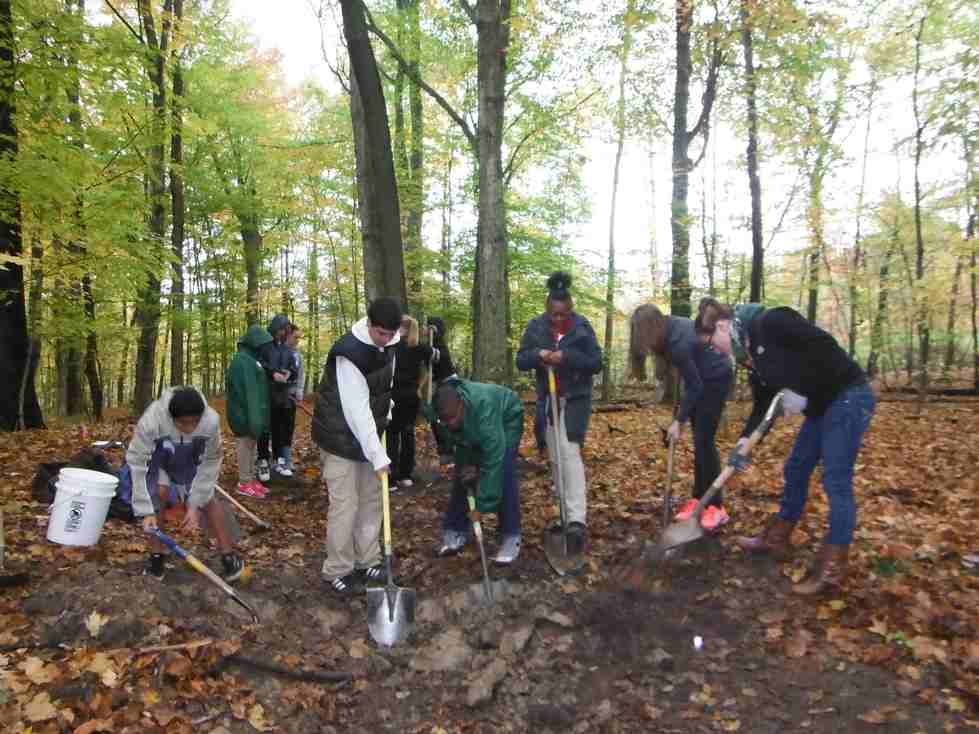Introduction to Place-Based Education
This course will assist students in understanding the foundation for and implementation of place-based education. According to place-based educator and teacher trainer David Sobel: “Place-based education is the process of using the local community and environment as a starting point to teach concepts in language arts, mathematics, social studies, science, and other subjects across the curriculum. Emphasizing hands-on, real-world learning experiences, this approach to education increases academic achievement, helps students develop stronger ties to their communities, enhances students’ appreciation for the natural world, and creates a heightened commitment to serving as active, contributing citizens.” (Place-Based Education: Connecting Classrooms & Communities, 2004)

Students will learn about and apply the fundamental principles of place-based education through the examination of case studies in which learning takes place on-site in the schoolyard, in the local community, and in the local environment; focuses on local themes, systems; is personally relevant to the learner; contributes to the community’s vitality and environmental quality; is supported by strong and varied partnerships with local organizations, agencies, businesses, and government; is interdisciplinary; is grounded in and supports the development of a love for one’s place; and serves as the foundation for understanding and participating appropriately in regional and global issues. Students will obtain the tools to design educational experiences that prepare individuals to live and work sustainably in their own communities with an integrated understanding of the place-specific natural and cultural characteristics that shape and support them. Students will design and implement a teaching experience that reflects an understanding of ecological principles and place-based pedagogy.
